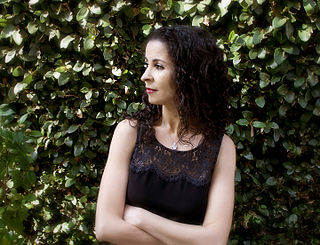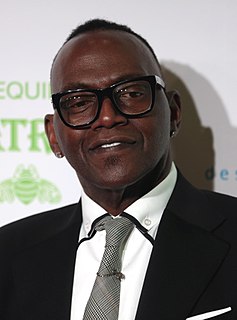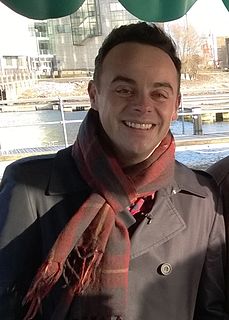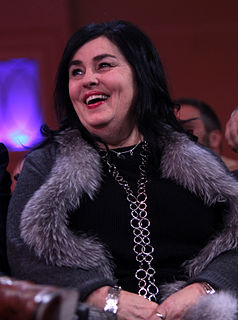A Quote by Peter Carey
When I finished 'True History of the Kelly Gang,' I realised that Faulkner had not lost his power over me.
Related Quotes
I had studied Irish history. I had read speeches from the dock. I had tried to fuse the vivid past of my nation with the lost spaces of my childhood. I had learned the battles, the ballads, the defeats. It never occurred to me that eventually the power and insistence of a national tradition would offer me only a new way of not belonging.
I knew I wanted to be used by God in big ways. I always prayed He would trust me enough to use me to make a difference in His Kingdom, but I never dreamed it would be through a cable television show, the number one cable television show in A&E network history, as of this writing! Ephesians 3:20–21 best describes how I feel. It is not because of any power or wisdom we possess that this happened. It is all because of His power, His power working through us. What a dream come true!
And he began to see the truth, that Ged had neither lost nor won but, naming the shadow of his death with his own name, had made himself whole: a man who, knowing his whole true self, cannot be used or possessed by any power other than himself, and whose life therefore is lived for life's sake and never in the service of ruin, or pain, or hatred, or the dark.
Me, the bard out of work, the Lord has applied to His service. In the very beginning, He gave me the order to sing His praises night and day. The Master summoned the minstrel to His True Court. He clothed me with the robe of His true honour and eulogy. Since then, the True Name had become my ambrosial food.
But all three of them had had to lose things in order to gain other things. Will had lost his shell and his cool and his distance, and he felt scared and vulnerable, but he got to be with Rachel; and Fiona had lost a big chunk of Marcus, and she got to stay away from the casualty ward; and Marcus had lost himself, and got to walk home from school with his shoes on.







































